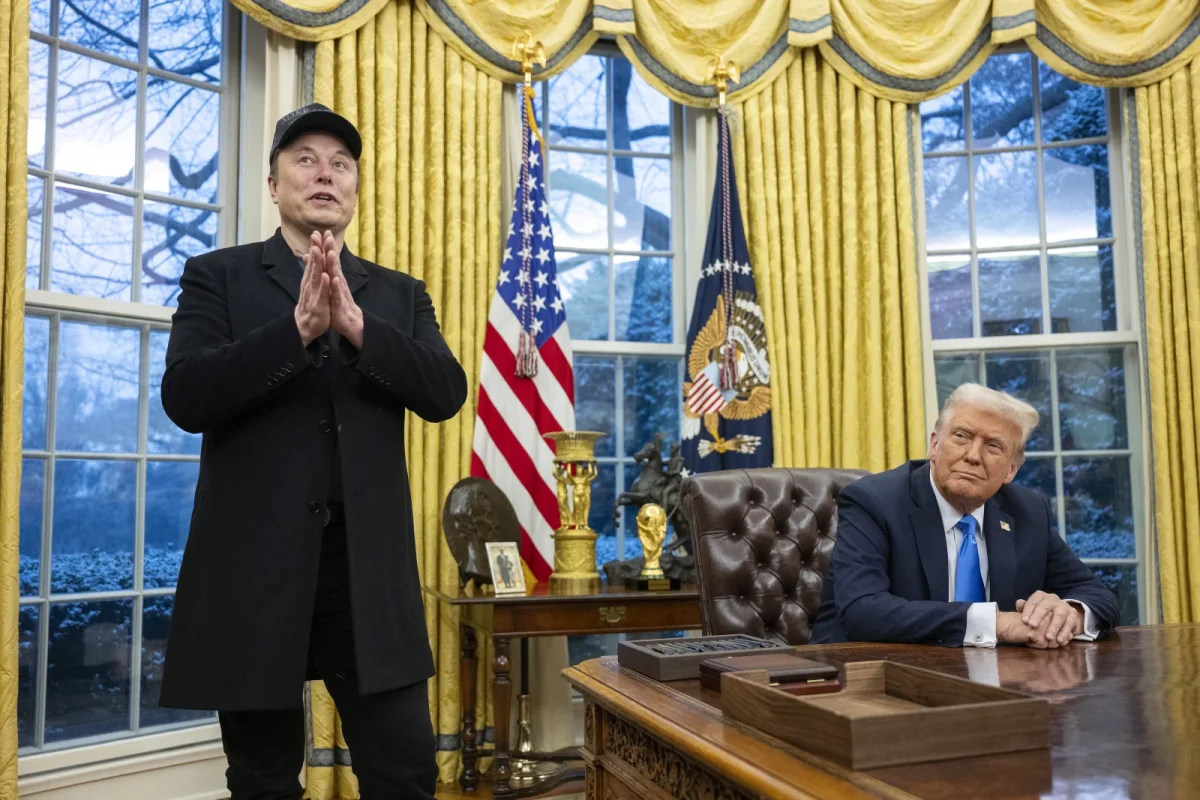We usher in the new semester, refreshed and awake from a long break of sleeping in and watching shows like it was no one’s business. We are now all getting our bearings, reflecting on the mistakes and successes of last semester while recording our goals and exams into our planners for the new semester. Students are not the only ones doing this assessment. With Student Government Association’s mid-year State of the Association Address, we all are taking time to make this first week a check-point for progress and a critical reflection of set-backs.
Certain markers in a semester merit some evaluation SGA. The following points are problems and news stories that The University News has carefully followed and tracked, observing SGA’s development on these critical issues. We here present our most informed and most encouraging assessment of SGA’s progression this past fall semester:
SGA tackled the problem of Pius with a verve and energy that set the bar high in early September. The Sept. 1 survey that generated 1,200 student responses gave SGA the feedback it needed to be able to present a strong case for library renovations to the President’s Coordinating Council. Crucial renovations are currently being planned by the administration. Students can see SGA as an active and powerful voice for the student body, and we can now expect to watch Pius change and morph into a library capable of competing with other university libraries in efficiency, technology, study space and aesthetic appeal – Pius can now become a library worthy of praise and a place of erudition.
SGA’s outreach to the student body drove this initiative to its successful and necessary conclusion. Additionally, the overwhelming student response (compared to past standards) confounded the idea of student apathy, which usually plagues activities even such as voting in government. Our passionate voices calling for change fell on willing ears thanks to SGA’s ability to bridge a divide — the yawning gulf that often separates the administration and students diminished with SGA’s active presence. The initiative, in such a manner, served even greater purposes than simply improving Pius. We made fecund strides in the ever-present problem of student-administration communication, and also in the establishment of SGA’s role as a catalyst for change.
In a city deemed the most dangerous in the nation, student safety rode high on the list of priorities for SGA. By fostering strong relations with the Department of Public Safety and Security Services, and by having Sgt. Pasquale Signorino and Diversity and Affirmative Action director Jenn Scheessele present to Senate, SGA bolstered its already well established credibility as an organization fully capable of translating student needs into tangible measures of change. The increase in DPSSS patrols, the constant security updates, and many other smaller initiatives have served to reinforce campus security. Students can interact with officers with greater frequency. The greater presence of officers on campus mirrors the greater presence of mind that SGA has shown in dealing with the issue of student safety.
SGA has shown firm commitment in acting as a mediator and student voice. We want to highlight, in particular, the tremendous amount of time and effort – in constant meetings with DPSSS and in committee reports – of the newly formed Safety and Concerns Committee, Senators Caroline Rutledge and Kripa Sreepada (committee co-chairs) most especially. We applaud you.
The SGA barbecue on the quad on Sept. 30 was a refreshing way to bring senators closer to students. SGA cares about bringing students and senators together. Frequent Letters to the Editor also helped to bring senatorial voices to the forefront. “Fixing the Little Things” is checked with some regularity and is an excellent way to address smaller student problems.
The creation of the Student Relations Committee, along with much of these achievements, created the not-unreasonable expectation that SGA senators would be in contact with students. Seeing SGA as bridge between students and the administration, it is logical that senators would reach out to their constituencies. We saw little of such outreach.
The achievements of SGA as a collective are laudable. The problem, though, lies in senator outreach, specifically in the lack of communication between senators and their clearly designated constituencies. Senators need to make their presence as visible to students – either electronically or even metaphysically – as DPSSS has made its officers visible to students. SGA initially had issues early in the semester with filtering constituent e-mails to their respective senators. But with that accomplished after some time, senators still did not reach out to their constituencies. We can remove titles such as “School of Public Health” or “College of Arts and Sciences” (as simply general examples – we are not targeting any senators) from nametags if senators are simply going to act within the bounds of SGA collective action. Senators are differentiated from each other by the schools and student collectives they represent.
We encourage SGA senators to tie strings from themselves to the varied and diverse students they are meant to represent. Students, when given a chance, will speak out. The Pius initiative shows us as much. Students need to see e-mails, Facebook messages, etc. – in a technologically savvy world, there is little that can stand in the way of instant communication. Senators have office hours – this need advertising. General signs asking students to find their senators would help. The dissemination of resources and information about senatorial availability is the key here. We need to see that senators are acting on our behalf. SGA is capable of working in collaborative efforts – the development of a closely intertwined relationship with DPSSS shows us this. SGA can do a much better job of holding its senators accountable to their students.
SGA has built its credibility, to a level that is admirable. More work can be done on outreach. The mirage of student apathy (dispelled by the Pius initiative) is not a reason for senators to meet supposed “apathy” with their own apathy. Senators can champion students individually, allowing SGA to become only that much stronger championing our cause as a whole.










